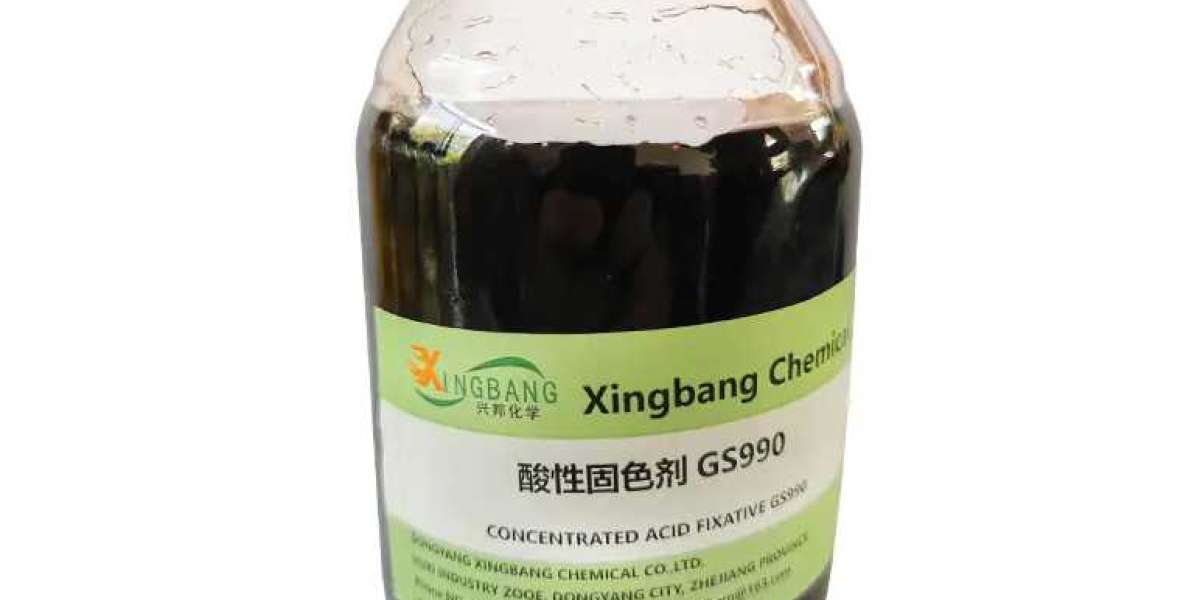Cationic fixing agents are widely used in textile processing to enhance the performance of dyes and improve fabric properties. These agents work by forming a bond between the dye molecules and the fabric, resulting in better color retention and washfastness. The effectiveness of cationic agents is particularly notable when applied to natural fibers like cotton and wool, where they can significantly enhance color vibrancy and stability.
The mechanism of action for cationic fixing agents involves their positively charged nature, which attracts negatively charged dye molecules. This interaction facilitates a stronger bond, reducing the likelihood of dye fading or washing out over time. Additionally, these agents can help improve the overall feel of the fabric, making it softer and more pleasant to wear.
In addition to their role in dye fixation, cationic agents can also provide benefits such as anti-static properties and improved water repellency. This makes them valuable in various applications beyond textiles, including paper and coatings. As sustainability becomes increasingly important, the development of eco-friendly cationic fixing agents is gaining attention, offering effective solutions without compromising environmental integrity.
In conclusion, cationic fixing agents play a crucial role in enhancing dye performance and fabric quality. Their ability to improve color retention and provide additional benefits makes them a valuable tool in textile processing, helping manufacturers meet consumer demands for high-quality products.








